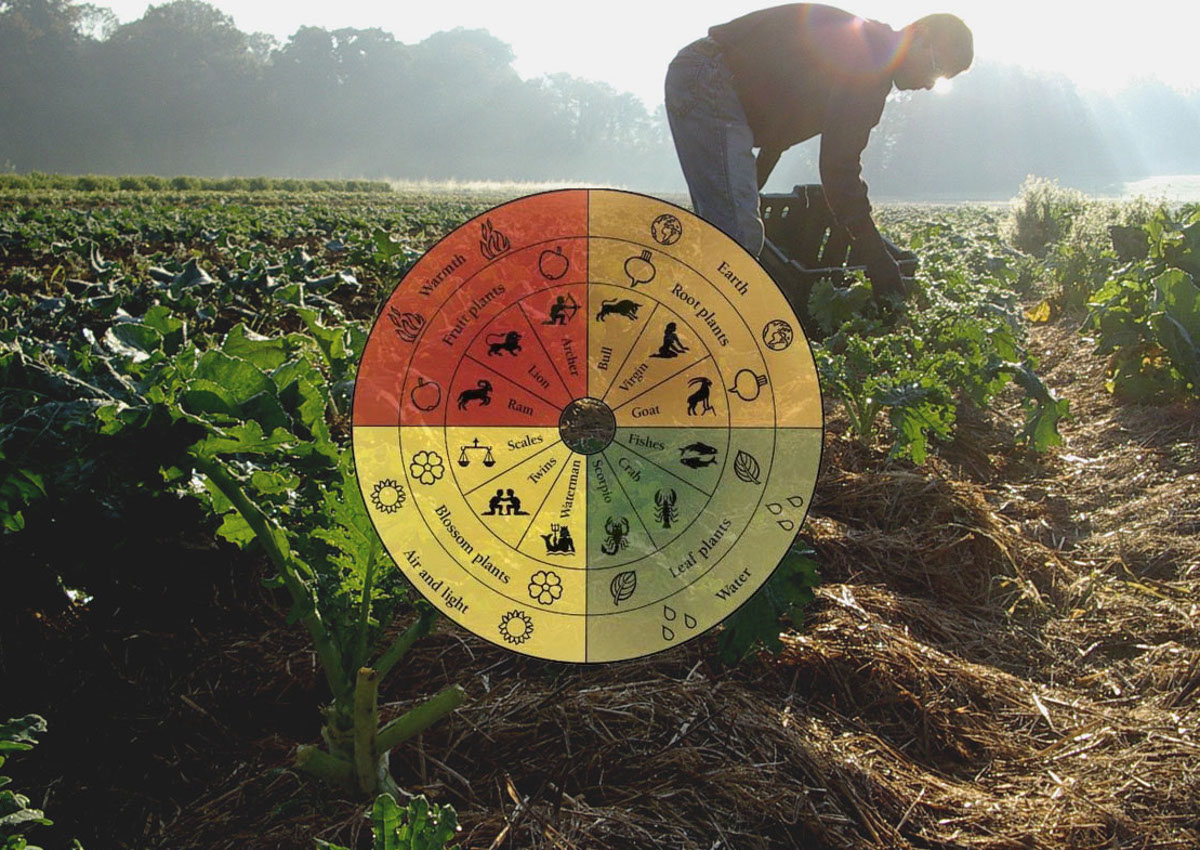
Food products deriving from biodynamic agriculture are among those displaying the highest quality. This phenomenon also significantly affects Italian markets. In 2016, the turnover of Italian agricultural and processing companies certified with the Demeter brand, and therefore officially recognized as companies that practice biodynamic farming techniques, amounted to around 445 million euro. In 2017, Italian biodynamic agriculture showed an increase of 20% over the previous year, confirming the growth trend observed in recent years. It is a sign of the fact that the demand for healthy, good, and environmentally friendly food seems to be carrying on, even in the face of the difficult consumption crisis we are experiencing. When considering that there are about 60,000 farms operating in the organic sector in Italy, biodynamic agriculture is a true guarantee of excellence, given that of the approximately 4,500 companies in our country applying the technique, only 10% successfully obtained the Demeter certification.
A lower impact on the environment
In addition to the regular legal controls, biodynamic companies must undergo inspections that are in compliance with European regulations before receiving their biodynamic certification. The biodynamic method is therefore part of the ‘organic system’ with more restrictive rules of which it is a constituent component. In other words, biodynamic farming has a lower impact on the environment. Just keep in mind that while the protocol for organic produce accepts the use of about 100 substances on soil and crops, the biodynamic only allows 10. The main aspect of biodynamic agronomy is the care and attention dedicated to the preparation and ‘construction’ of the environment and especially of the soil. The prerequisites governing biodynamics differ from conventional agriculture. They argue that it is the agricultural entity as a whole, rather than the singular plant, which must be cared for and protected. It is then up to the farmer to maintain the biodiversity and fertility of the soil, as only healthy plants and animals can live in a healthy context.
Italy coming in third place
These are opportunities the Italian agricultural system must not fail to seize by letting themselves being overtaken by other countries that are already gearing up to meet these demands. Among European countries, Italy is currently defending its third place for biodynamic farming, coming in after Germany and France. More than 50% of processed crops are exported. By the same token, the high quality of Italian products is among the most appreciated by consumers all over the world, from Japan to the Scandinavian countries, up to the USA.
